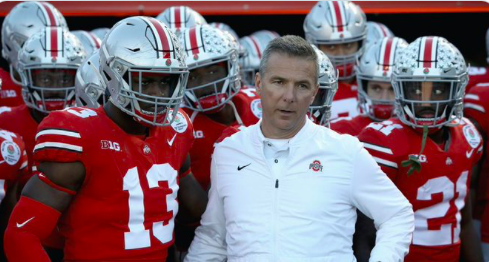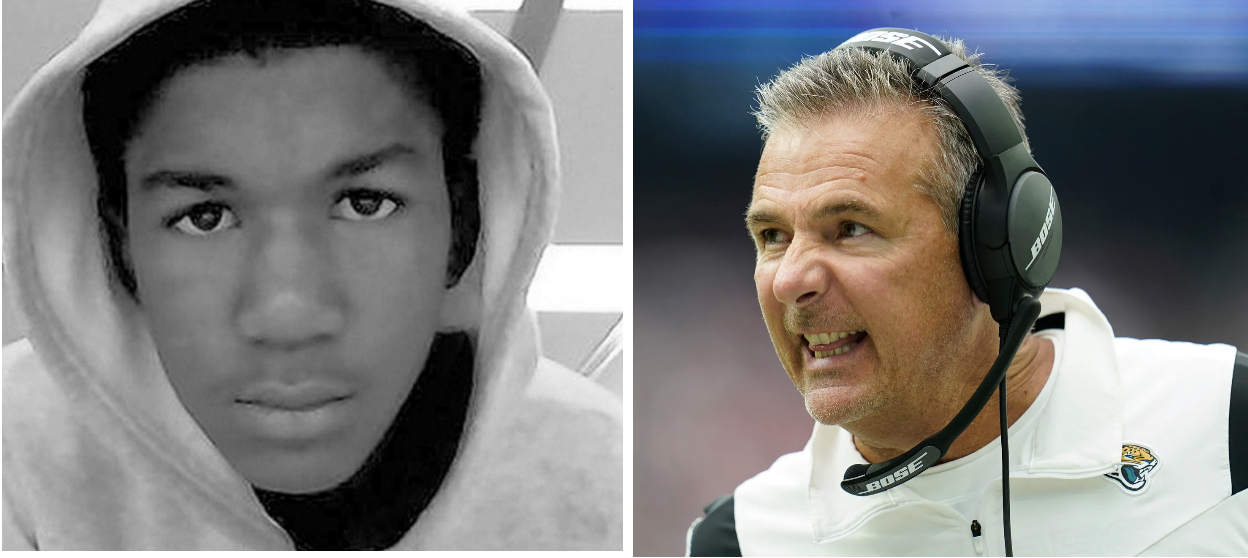Amidst all of the uproar following the acquittal George Zimmerman that is fresh in our minds, the release of Fruitvale Station last week — favorably reviewed by the NY Times and SF Chronicle — is a fitting reminder of how shaky race relations can rear its ugly head. Based on the murder of 22-year-old African-American Oscar Grant by Bay Area police in 2009, the film inevitably creates emotional connections to Trayvon Martin’s death in February.
Per NY Times:
“The incident, captured on video by onlookers, incited protest, unrest and arguments similar to those that would swirl around the killing of Trayvon Martin in Florida a few years later. The deaths of these and other African-American young men (Mr. Grant was 22) touch some of the rawest nerves in the body politic and raise thorny and apparently intractable issues of law and order, violence and race.
Those matters are hardly absent from “Fruitvale Station,” Ryan Coogler’s powerful and sensitive debut feature, which imaginatively reconstructs the last 24 or so hours of Oscar Grant’s life, flashing back from a horrifying snippet of actual cellphone video of the hectic moments before the shooting. But Mr. Coogler, a 27-year-old Bay Area native who went to film school at the University of Southern California, examines his subject with a steady, objective eye and tells his story in the key of wise heartbreak rather than blind rage. It is not that the movie is apolitical or disengaged from the painful, public implications of Mr. Grant’s fate. But everything it has to say about class, masculinity and the tricky relations among different kinds of people in a proudly diverse and liberal metropolis is embedded in details of character and place.”
Films like these are extremely touching reminders of the problems and connections stemming between race, law and justice. So the next time you think of Trayvon Martin, the country would do well to think of the ones that lost their lives before him in the same exact fashion — like Oscar Grant.



